Nestled within the verdant landscapes of Massachusetts lie several enchanting arboretums, each a botanical haven offering a glimpse into the diverse flora of the region.
From the historic grounds of the Arnold Arboretum in Boston to the tranquil expanses of the Polly Hill Arboretum on Martha’s Vineyard, these living collections serve as both educational resources and serene retreats.
Founded with a passion for conservation and horticultural excellence, Massachusetts Arboretums provide visitors with an opportunity to explore meticulously curated gardens, wooded trails, and meandering pathways adorned with a vast array of trees, shrubs, and flowering plants.
Whether one seeks to immerse themselves in the vibrant colors of spring blooms, marvel at the majestic foliage of autumn, or simply bask in the tranquility of nature’s embrace, these arboretums offer an oasis of beauty and inspiration for all who wander their paths.
Famous Arboretums in Massachusetts
Massachusetts boasts a rich tapestry of arboretums, each offering unique botanical collections, educational programs, and serene environments for visitors to explore and appreciate nature’s beauty.
Let’s delve into the distinct characteristics of each arboretum:
1. Arnold Arboretum
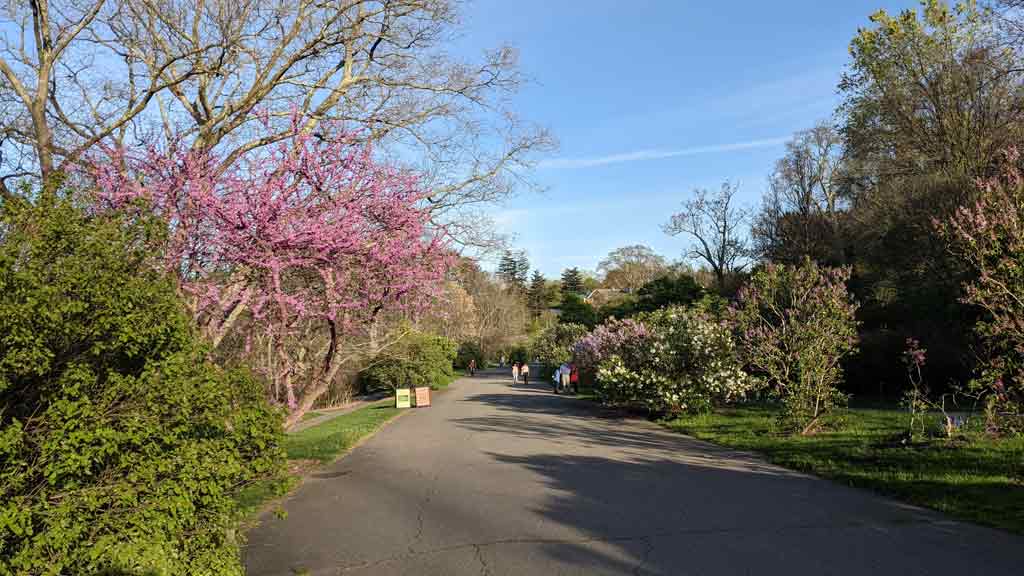
Located in Boston, the Arnold Arboretum is managed by Harvard University and encompasses over 280 acres of land. Founded in 1872, it is one of the oldest public arboretums in North America.
The arboretum is renowned for its extensive collection of trees and shrubs, including many rare and exotic species. Visitors can enjoy winding pathways, educational tours, and seasonal events throughout the year.
2. Babcock Arboretum
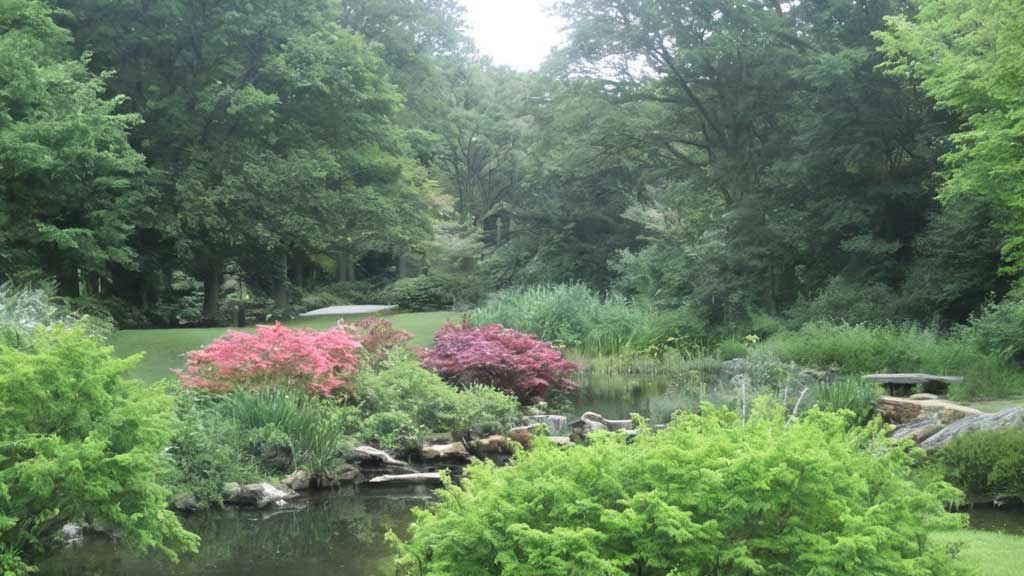
Situated in Petersham, Babcock Arboretum is part of the Harvard Forest, a renowned research facility managed by Harvard University.
This arboretum focuses on the study and conservation of New England’s native flora, featuring a diverse array of trees, wildflowers, and ferns.
Visitors can explore the arboretum’s trails and participate in guided tours to learn about the region’s ecology and conservation efforts.
3. Hadwen Arboretum
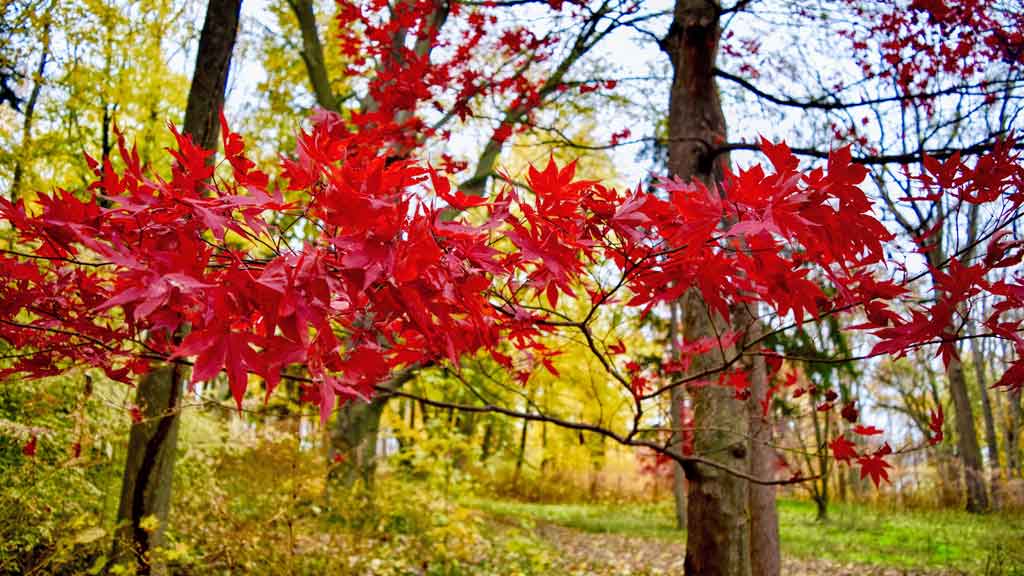
Nestled in Worcester, Hadwen Arboretum spans 50 acres of wooded terrain and rolling hills. Established in the late 19th century, it serves as a living laboratory for environmental education and research.
The arboretum showcases a wide variety of trees, shrubs, and perennials, providing visitors with opportunities for leisurely walks, birdwatching, and photography.
4. Hebert Arboretum
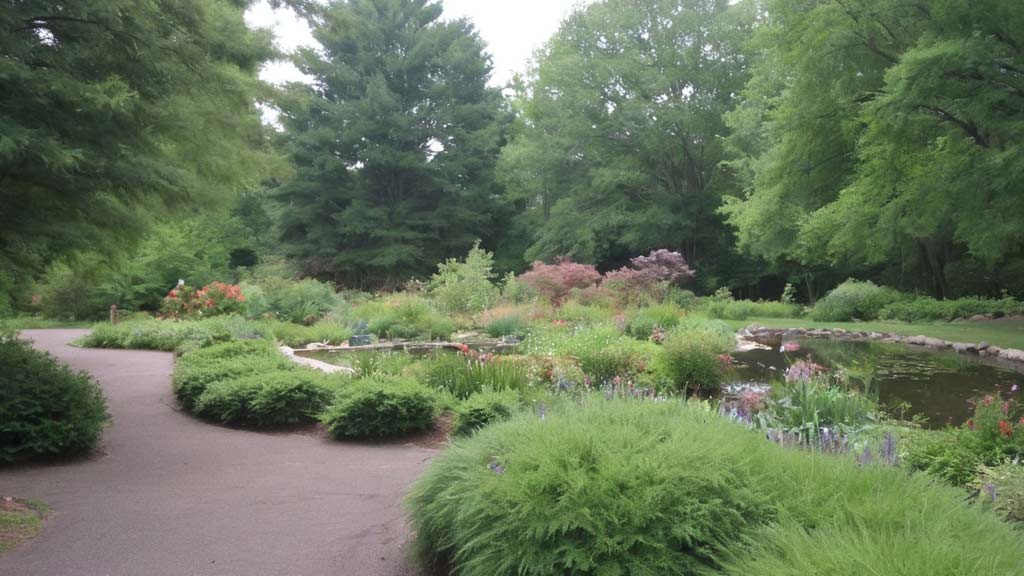
Located in the town of Shrewsbury, Hebert Arboretum is a hidden gem encompassing 12 acres of woodlands, meadows, and gardens.
Named in honor of its founder, Clement Hebert, the arboretum features native and exotic plant species arranged in thematic displays.
Visitors can explore the tranquil surroundings, attend educational workshops, and participate in community gardening projects.
5. Polly Hill Arboretum
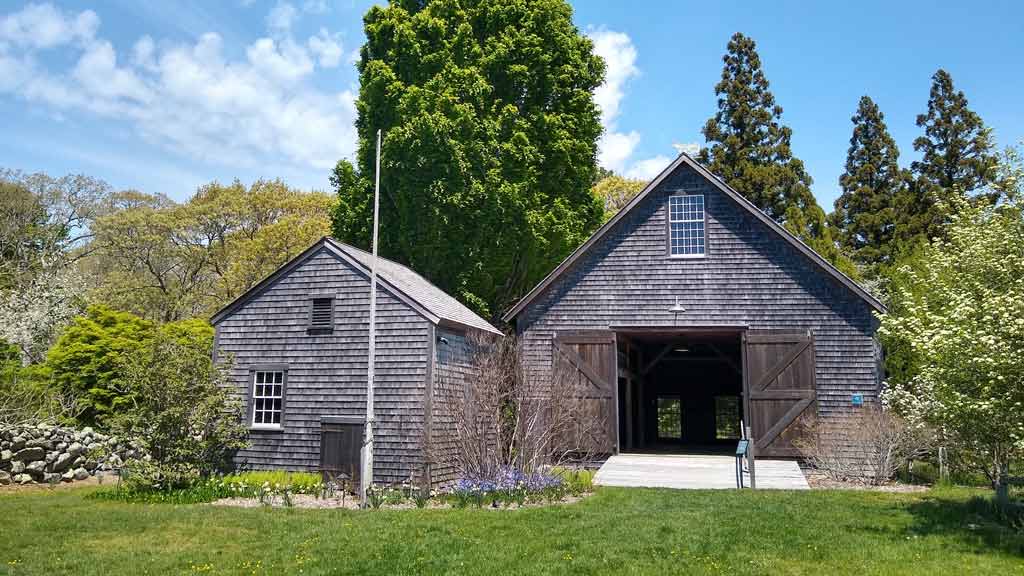
Situated on Martha’s Vineyard, Polly Hill Arboretum is a botanical paradise spanning 70 acres of rolling hills and coastal plains.
Founded by horticulturist Polly Hill in 1958, the arboretum is renowned for its collection of woody plants, particularly rhododendrons, magnolias, and conifers.
Visitors can stroll along meandering paths, attend horticultural lectures, and admire seasonal blooms throughout the year.
6. Hunnewell Arboretum
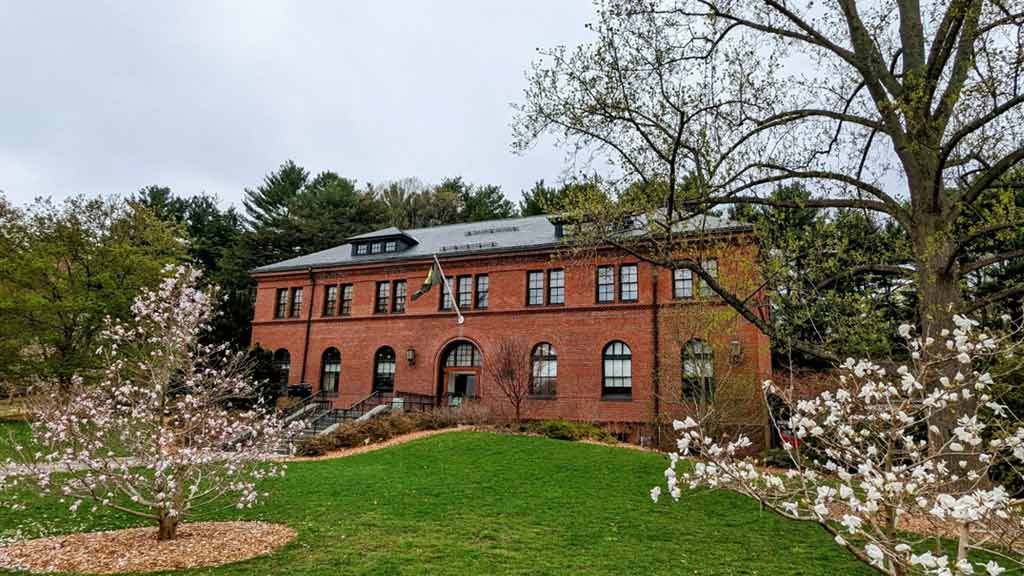
Located in Wellesley, Hunnewell Arboretum is part of the renowned Wellesley College campus. Established in the late 19th century, it encompasses 22 acres of landscaped grounds featuring a diverse array of trees, shrubs, and flowering plants.
The arboretum’s picturesque setting provides a tranquil retreat for visitors to enjoy nature walks, picnics, and outdoor concerts.
7. Northeastern University Arboretum
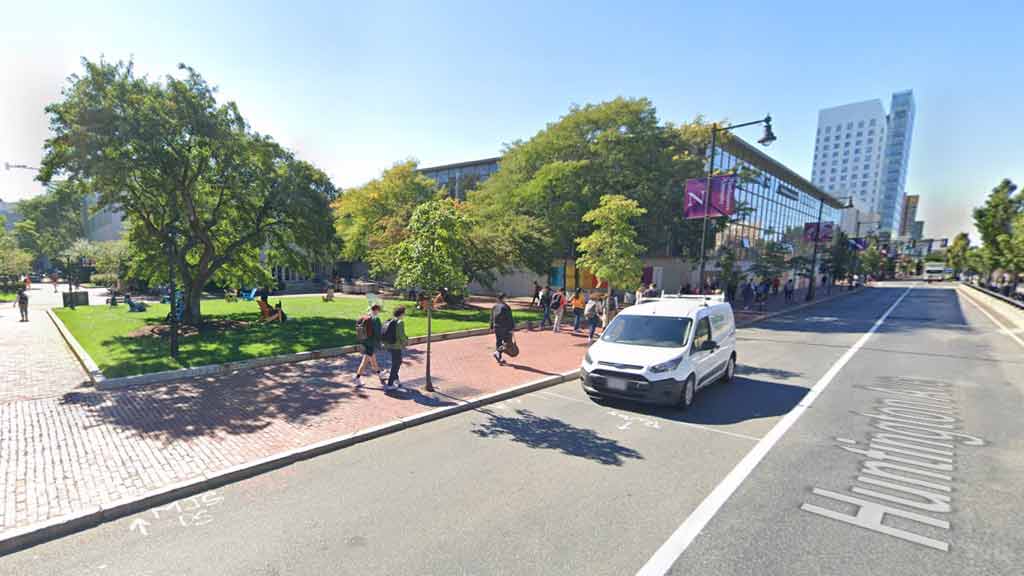
Situated in Boston, the Northeastern University Arboretum spans several campuses, showcasing a rich diversity of plant life amidst urban surroundings.
Established in partnership with the Arnold Arboretum, it serves as an outdoor classroom for students and a green oasis for the local community. Visitors can explore themed gardens, attend public lectures, and participate in citizen science projects.
8. Wakefield Estate Arboretum
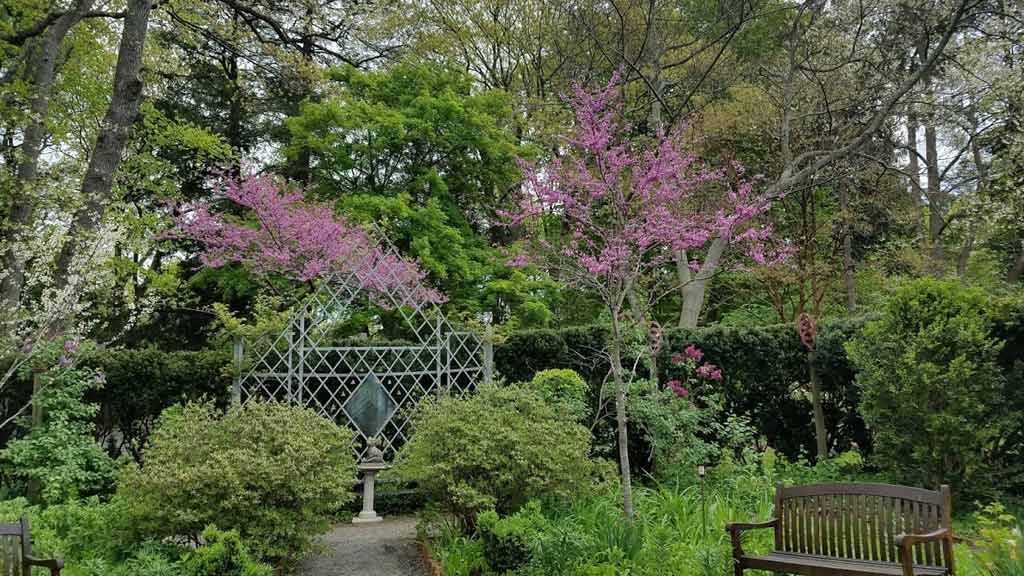
Located in Milton, Wakefield Estate Arboretum is a historic estate dating back to the 19th century. Managed by the Wakefield Charitable Trust, it encompasses 22 acres of formal gardens, woodlands, and meadows.
The arboretum features rare and heritage trees, as well as ornamental plantings designed by renowned landscape architects. Visitors can tour the estate’s historic buildings, attend seasonal events, and explore the scenic grounds.
Why Are Massachusetts Arboretums Significant?
Massachusetts Arboretums hold significant importance due to their multifaceted contributions to biodiversity conservation, education, research, and cultural enrichment within the region.
Here are the reasons why Massachusetts Arboretums are highly significant:
Biodiversity Conservation
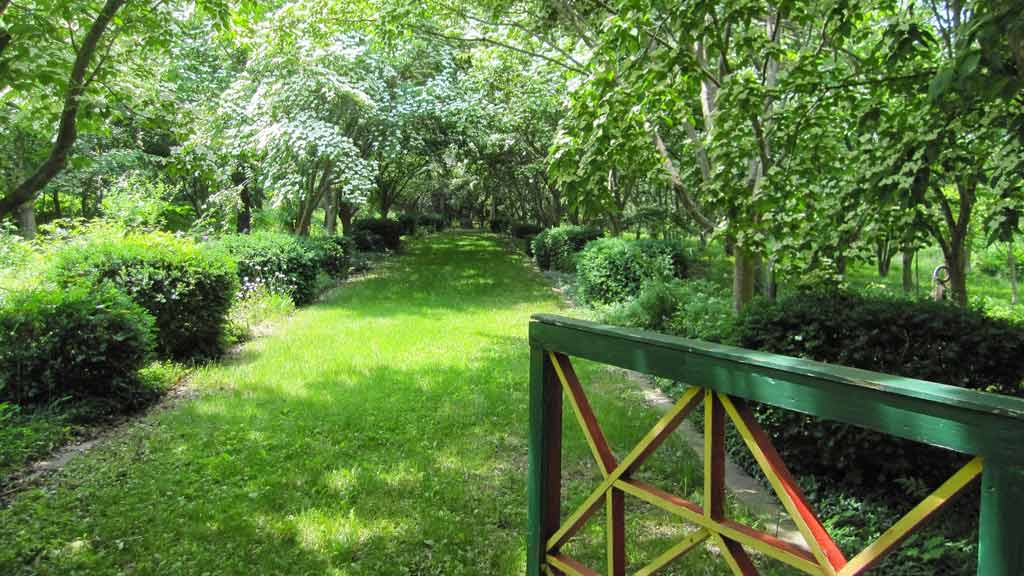
Arboretums serve as living museums, housing diverse collections of trees, shrubs, and other plant species. By cultivating and preserving a wide range of flora, Massachusetts Arboretums contribute to the conservation of plant biodiversity, including native and endangered species.
Educational Resources
Arboretums provide valuable educational opportunities for visitors of all ages. Through guided tours, workshops, and interpretive exhibits, they offer insights into plant biology, ecology, and conservation practices.
Schools and universities often utilize arboretums as outdoor classrooms for hands-on learning experiences.
Scientific Research
Arboretums support botanical research and scientific inquiry, serving as outdoor laboratories for studying plant physiology, genetics, and ecology.
Researchers utilize arboretum collections for studying plant adaptation, climate change impacts, and the development of sustainable landscaping practices.
Horticultural Excellence
Arboretums showcase horticultural excellence through carefully curated gardens and landscapes. They provide inspiration for gardeners, landscape architects, and horticulturalists, showcasing innovative planting techniques, rare cultivars, and aesthetic design principles.
Cultural Enrichment
Arboretums offer cultural enrichment through art, music, and recreational activities. Many arboretums host seasonal events, art exhibitions, and outdoor performances that celebrate the intersection of nature and culture, fostering a sense of community and connection to the environment.
Urban Green Spaces
In densely populated urban areas, arboretums serve as green oases, providing residents with access to nature and recreational opportunities.
They promote physical and mental well-being by offering tranquil settings for relaxation, exercise, and contemplation amidst the hustle and bustle of city life.
FAQs
What is an arboretum?
Arboretums are curated collections of trees, shrubs, and other woody plants, often arranged for scientific, educational, and aesthetic purposes.
What can visitors expect to see at Massachusetts Arboretums?
Visitors can expect to see a diverse array of plant species, including native and exotic trees, shrubs, and flowering plants.
Are Massachusetts Arboretums suitable for families and children?
Yes, Massachusetts Arboretums are family-friendly destinations with activities and amenities catering to visitors of all ages.
Can I visit Massachusetts Arboretums year-round?
Yes, most Massachusetts Arboretums are open to visitors year-round, with seasonal variations in plant displays and programming.
How can I support Massachusetts Arboretums?
Visitors can support Massachusetts Arboretums by becoming members, volunteering for gardening and conservation projects, attending fundraising events, and donating to support ongoing maintenance and educational initiatives.
To Recap
As one bids farewell to the enchanting realm of Massachusetts Arboretums, the lingering impressions of botanical splendor and natural serenity endure.
These sanctuaries of biodiversity not only serve as repositories of ecological knowledge but also as sanctuaries for solace and reflection.
Through their meticulously curated collections and verdant landscapes, they inspire a deeper appreciation for the wonders of the natural world and the importance of conservation efforts.
Whether one’s journey leads them through the historic pathways of the Arnold Arboretum or the coastal vistas of the Polly Hill Arboretum, each visit leaves an indelible mark, reminding us of the enduring beauty and resilience of nature.
As guardians of green spaces and stewards of plant diversity, Massachusetts Arboretums beckon all to embrace their role in preserving these invaluable treasures for generations to come.
Neal McGovern